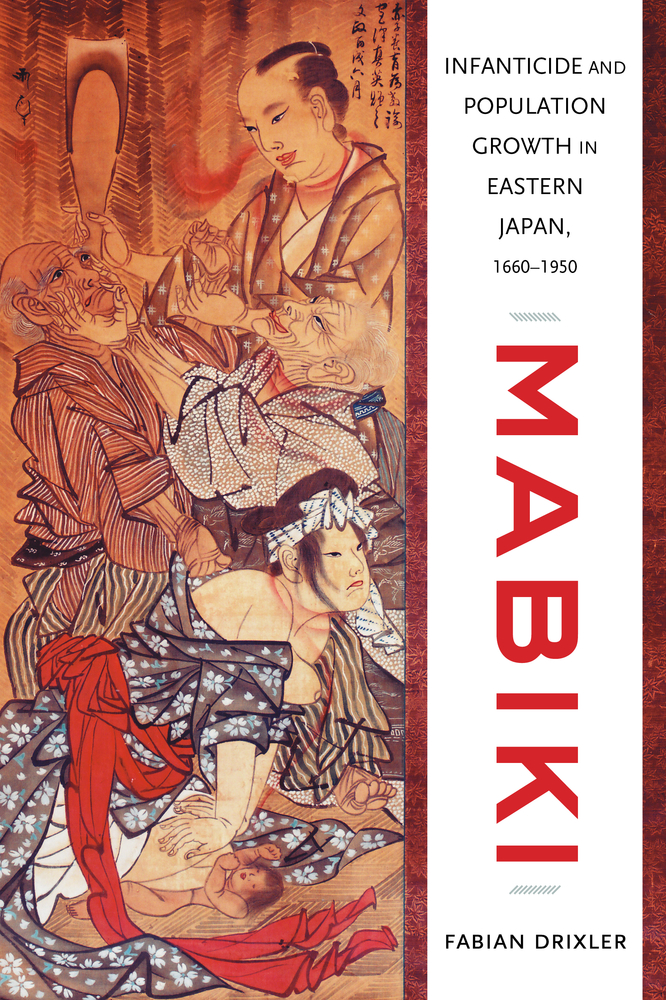
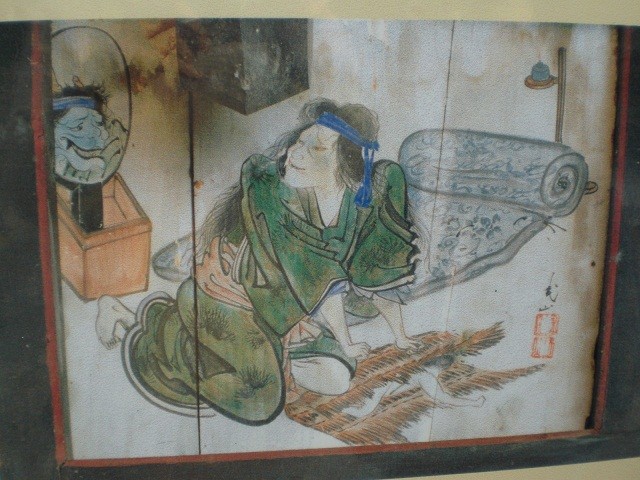
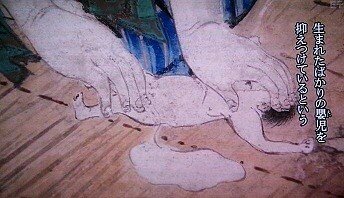
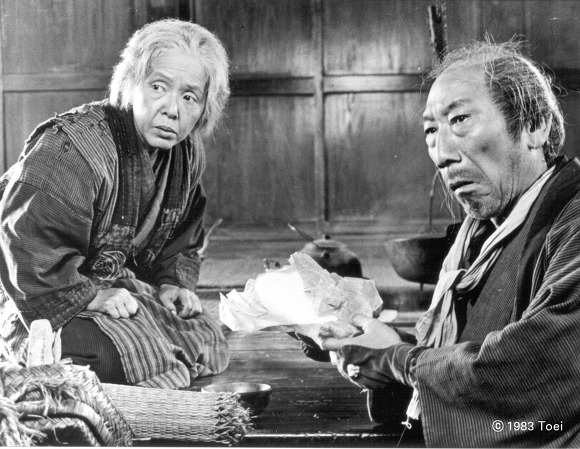
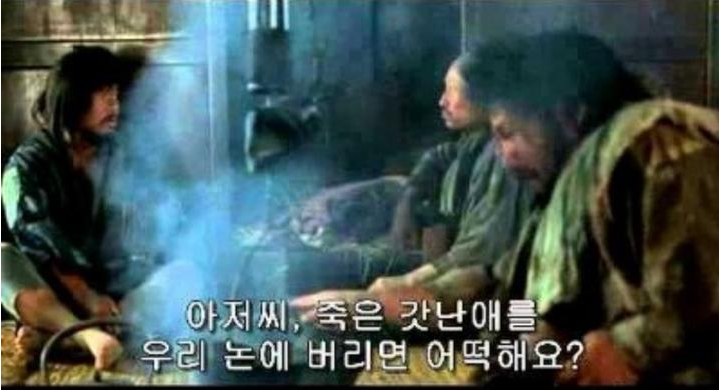
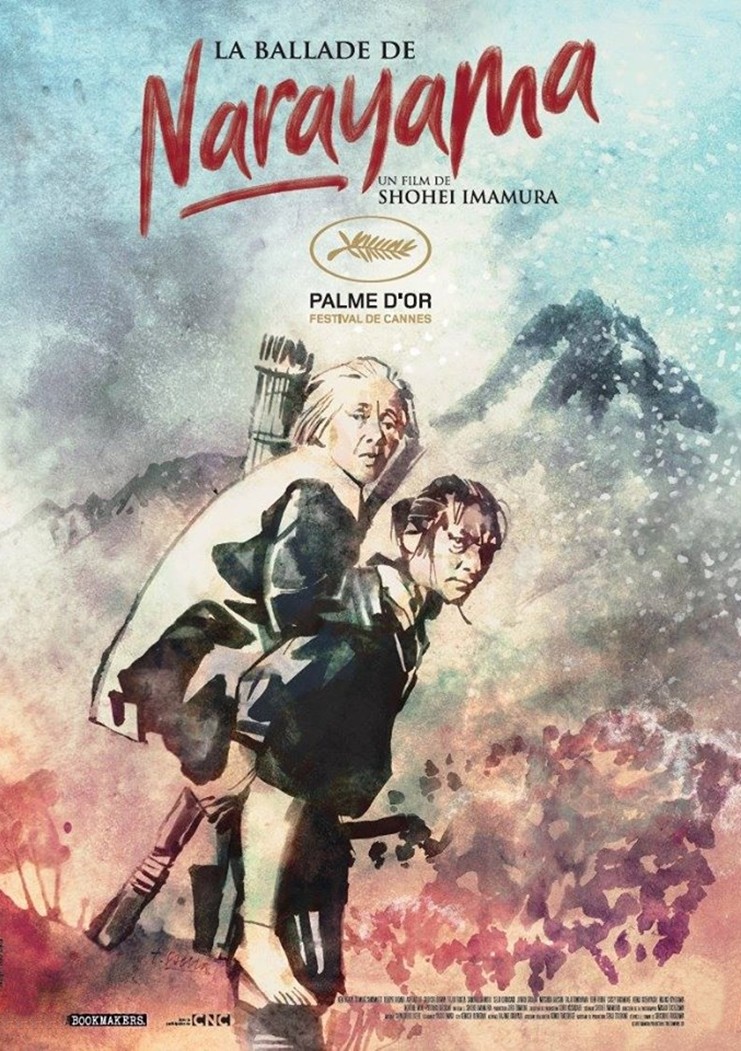
It means “Mabiki! Thinner!”
This book is written by an American historian who studied Mabiki
The Warring States Period of Chaos is over
The era of peace has come,
The population of Japan has rarely increased
I’m looking for the reason in Maviki, the custom of infanticide
The reason why Mabiki was popular is because of Japan’s overly high tax rate
At that time, it had a particularly high tax rate among Northeast Asian countries
I heard they asked for 50 to 70 percent of the production
For your information, Joseon’s tax rate is about 10
It’s said to be about 25 even if it’s in the reverse transition
The common people’s choice to survive the high tax rate is
It was to reduce the volume of the mouth smaller
Actually, this kind of thing happened in other countries, too
I heard that it was considered especially insignificant in Japan
This is partly due to a worldview that didn’t feel much guilty about infanticide
Children under the age of seven!He was called the child of God
He thought he could return to God’s arms at any time because he belonged to God rather than one independent being
That’s the kind of way of thinking that God left me with a baby for a while, but I decided to give it back to God instead of raising it
Mabiki was strictly banned in 1868 during the Meiji period
It was part of a population-boosting policy
But the common people still secretly continued Mabiki
At that time, records show a village with only one son and one daughter in all households
This is an impossible case without Mabiki
It was said that it remained in some areas until the 1930s
The movie that shows Japanese society well at that time! Narayama Bushiko!
Maviki Obaste tells the story of a village that controls its population by abandoning its old parents in the mountains
For your information, Goryeojang obaste is not the culture of the Korean Peninsula
It’s Japanese culture
It is said to be a story that does not appear in any Goryeo literature